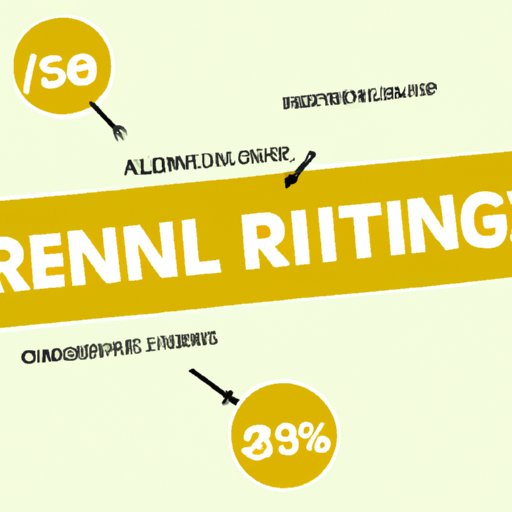Introduction
Retinol is one of the most popular and effective ingredients used in skin care. It’s a form of vitamin A that helps to reduce wrinkles, even out skin tone, and improve texture. But what exactly does retinol do for skin and how should it be used? This article will explore the science behind retinol’s effects on skin, the various types of retinol products available, tips for using retinol safely and effectively, and natural alternatives.
Types of Retinol Products
Retinol products come in a variety of forms. They can be found in over-the-counter creams and serums, as well as prescription-strength preparations. Over-the-counter options tend to contain lower concentrations of retinol than prescription-strength formulations. In general, prescription-strength retinol products are best for more severe skin issues, such as deep wrinkles or acne scars, while over-the-counter retinol products are better for treating milder signs of aging.
When using retinol, it’s important to start slowly. Begin with a low concentration of retinol and use it every other day until your skin adjusts. Then increase the frequency to daily or twice daily use. It’s also important to wear sunscreen when using retinol, as it can make your skin more sensitive to the sun’s rays.
Tips for Using Retinol Safely and Effectively
When using retinol, it’s important to follow some basic guidelines to ensure safety and effectiveness. First, always apply a moisturizer after using retinol, as retinol can dry out the skin. Second, don’t use retinol if you’re pregnant or breastfeeding. Third, don’t use retinol near the eyes or on broken skin. Finally, avoid using retinol during hot weather or in extremely humid climates, as this can cause irritation.
In addition to following these general guidelines, it’s important to pay attention to any signs of irritation. Common side effects of retinol include redness, flaking, and itching. If you experience any of these symptoms, stop using the product and consult your doctor or dermatologist.

Alternatives to Retinol for Skin Care
If you’re looking for an alternative to retinol, there are several natural remedies that can help improve skin tone and texture. For instance, aloe vera gel has been shown to reduce wrinkles and improve skin elasticity. Other natural ingredients, such as jojoba oil and rosehip seed oil, can help reduce inflammation and protect against damage from free radicals.
In addition to natural remedies, there are also over-the-counter products that can provide similar benefits to retinol without the potential side effects. For example, products containing alpha-hydroxy acids (AHAs) and beta-hydroxy acids (BHAs) can help exfoliate the skin and reduce wrinkles. Vitamin C serums can also help brighten the skin and protect against environmental damage.
Conclusion
Retinol is a powerful skin care ingredient that can help reduce wrinkles, even out skin tone, and improve texture. It comes in a variety of forms, including over-the-counter creams and serums, as well as prescription-strength preparations. When using retinol, it’s important to follow some basic guidelines to ensure safety and effectiveness, such as applying a moisturizer after use and avoiding retinol during hot weather or in extremely humid climates. Additionally, there are natural remedies and over-the-counter products that can provide similar benefits to retinol without the potential side effects.
Overall, retinol is an effective and safe way to improve the appearance of your skin. With proper use and precautions, you can enjoy the many benefits it offers.


